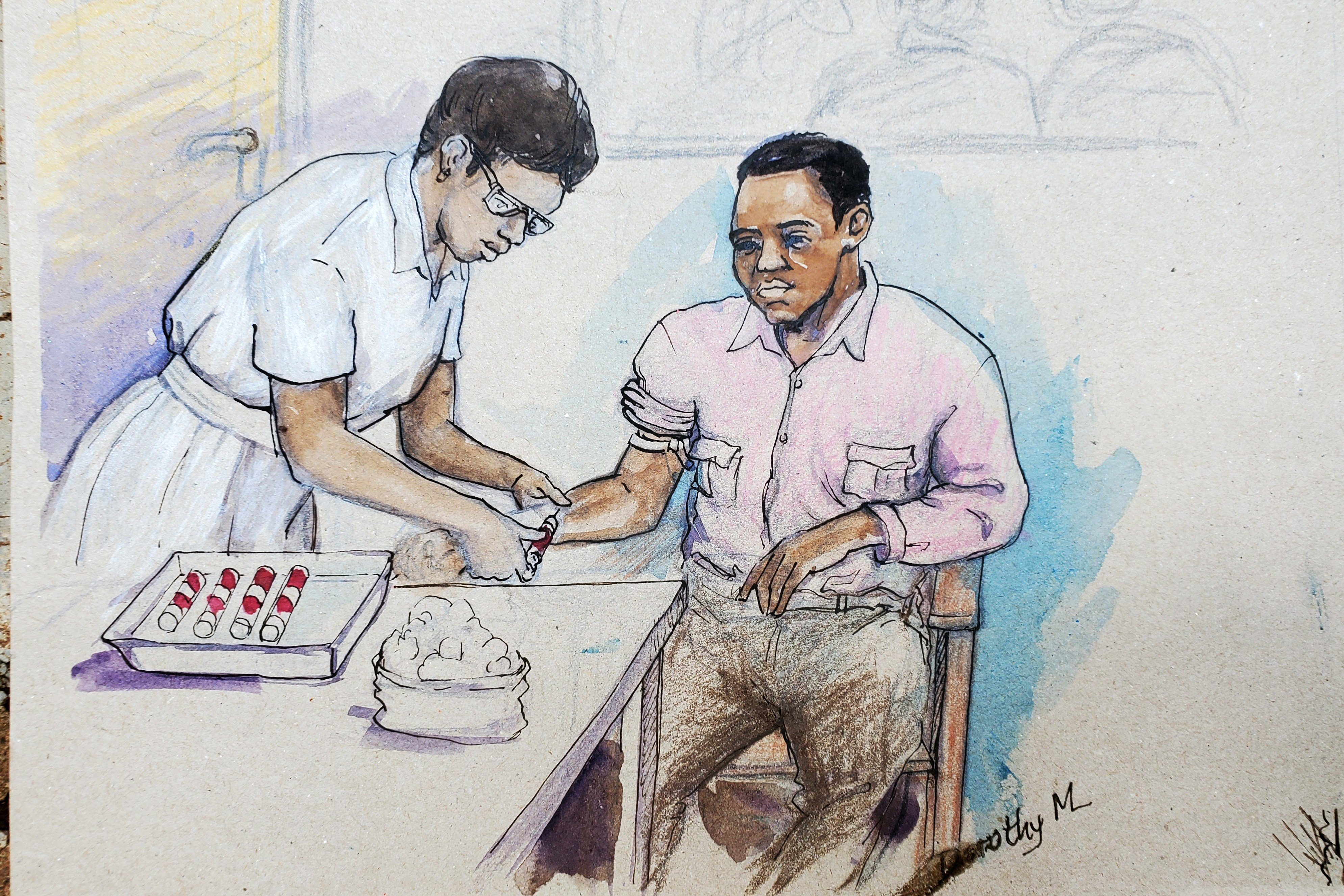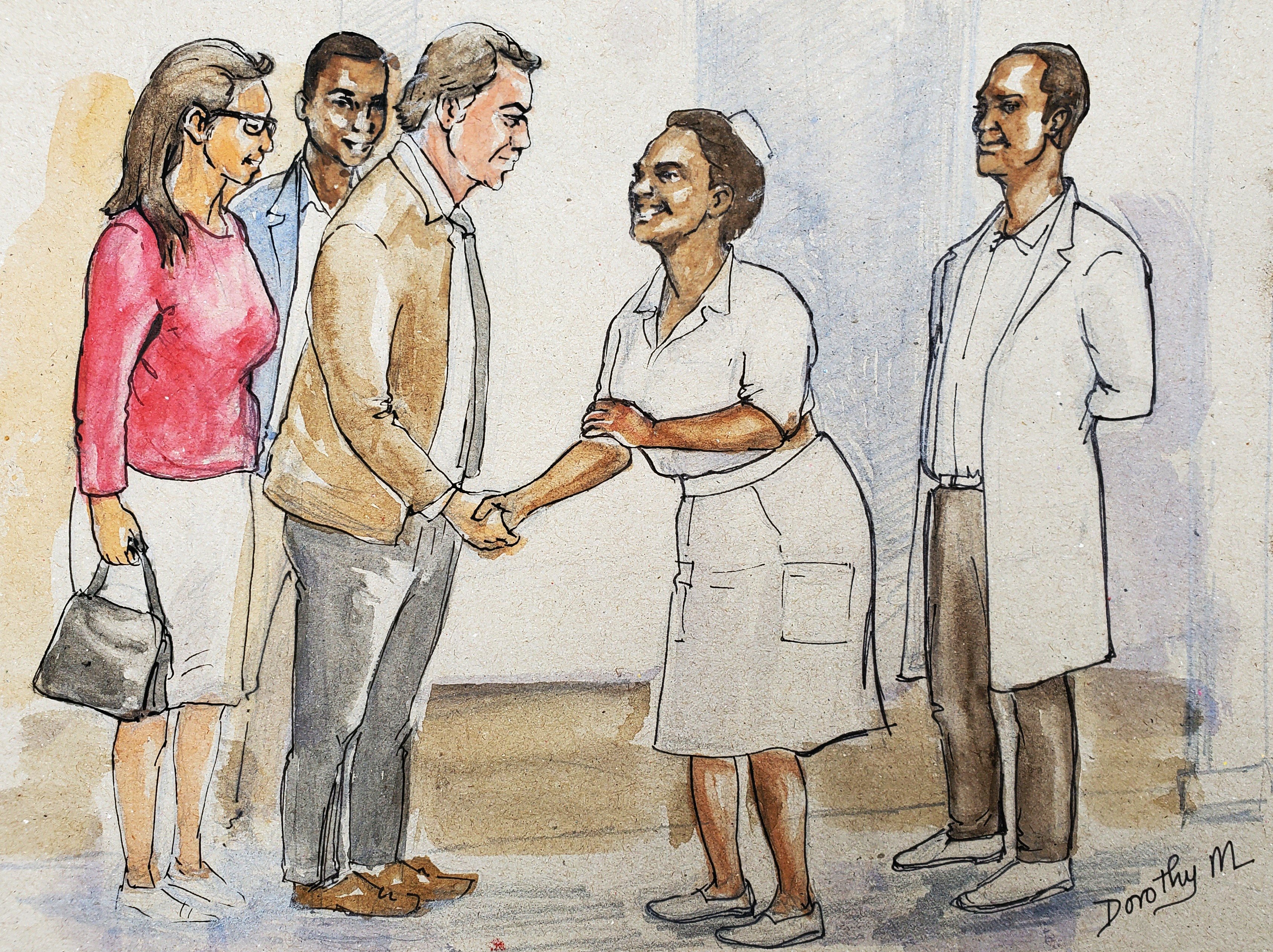Prime
Determining damages for emotional distress

What you need to know:
- There was evidence that shortly after, the client was found with an elevated blood pressure. Later, he was found to have severe hypertension and was put on medication.
A healthcare provider was found, by court, to have been negligent when carrying out an HIV test, when its personnel did not offer a client pre- and post-test counseling as recommended in the guidelines for carrying out an HIV test. The client had been referred to the laboratory by another healthcare provider. The laboratory handed over the HIV results directly to the client; the laboratory staff, erroneously, thought the client had been counseled before coming for the test.
The client found it hard to bear the news that he was HIV positive; he was devastated, broke down in tears and only settled down after 30 minutes. There was evidence that shortly after, the client was found with an elevated blood pressure. Later, he was found to have severe hypertension and was put on medication. Court ruled that the client was negligently handled during the HIV testing process thereby occasioning harm to him when the laboratory failed to conduct pre-and post test counseling. Court ruled that the laboratory was liable for the client’s emotional distress, pain and suffering by reason that the client was denied the benefit of proper counseling before and after undertaking the HIV test.
The client asked court to award him damages for the inconvenience, anguish, pain and mental suffering occasioned upon him. To court, however, the award of damages for negligent infliction of emotional distress, in absence of physical injury, is a delicate area for award and assessment of damages. It has, however, been held that a person may be awarded damages for negligent infliction of emotional distress in the absence of accompanying physical injury upon showing that the claim for emotional damages is not spurious. In another ruling court held that damages for negligent infliction of emotional distress are recoverable, provided that such damages are foreseeable, severe and arise from circumstances in which the accused party owes the client a pre-existing duty to refrain from causing distress.
Precedent
In another case where a person was also misdiagnosed as HIV positive, court held that “it is a well known fact that AIDS has replaced cancer as the most feared disease and the diagnosis of AIDS is a death sentence”. Conventional wisdom mandates that the fear of AIDS triggers genuine and not spurious claims of emotional distress. In the present case the client believed he was HIV positive and was going to die. Court believed that if the client had been effectively counseled, the emotional stress that he suffered would have been less. These circumstances, therefore, entitled him to compensation by way of general damages. It has, nevertheless, been held by the courts of law that a person may only recover damages for emotional stress during a defined period of reasonable anxiety and that a reasonable window of anxiety closes after a person has had sufficient opportunity to determine with reasonable medical certainty he or she is not HIV positive.
Common sense
Court, however, also ruled that the client contributed, in part, to the negligence he suffered when he failed to return for another test within three months as recommended, or return to the doctor who had recommended him for the test. The referral note clearly indicated that the client was required to return to the doctor who had referred him to the health care provider. To court it would have been common sense for the client to report back to the first doctor, and the fact that he did not do so worsened his plight and definitely contributed to his injury.
Contributory negligence can be used in law to reduce the damages awarded to a complainant by comparing the degree of culpability of the offender with that of the complainant especially in regard to the degree to which each party departed from the requisite standard of care. In one case court reduced a complainant’s damages by 25 percent on account of his contributory negligence. It has been held by the courts that a person is guilty of contributory negligence when he ought to have foreseen that if he did not act as a reasonable prudent man, he might hurt himself and he ought to have considered that others may be careless.
Approach
Courts have adopted two approaches in assessing of damages for contributory negligence, namely the doctrine of last clear chance and comparative negligence principle. The doctrine of last clear chance considers which party had the last opportunity to avoid the incident that caused the harm. Using the comparative negligence principle a negligent complainant can only recover costs from a negligent accused person based on the share of blame or assigned fault, as determined by court, of the accused person.
The complainant asked for Shs1b as general damages. To court this was an astronomical amount. Court awarded him Shs1m as general damages. Court reduced the damages by 20 percent, considering the measure of contributory damage on his part. Court, however, reasoned that the failure to offer the client effective counseling must have impaired his mind leading him to fail to exercised proper judgment in the circumstances. The complainant was finally awarded Shs80m as general damages for negligence.




